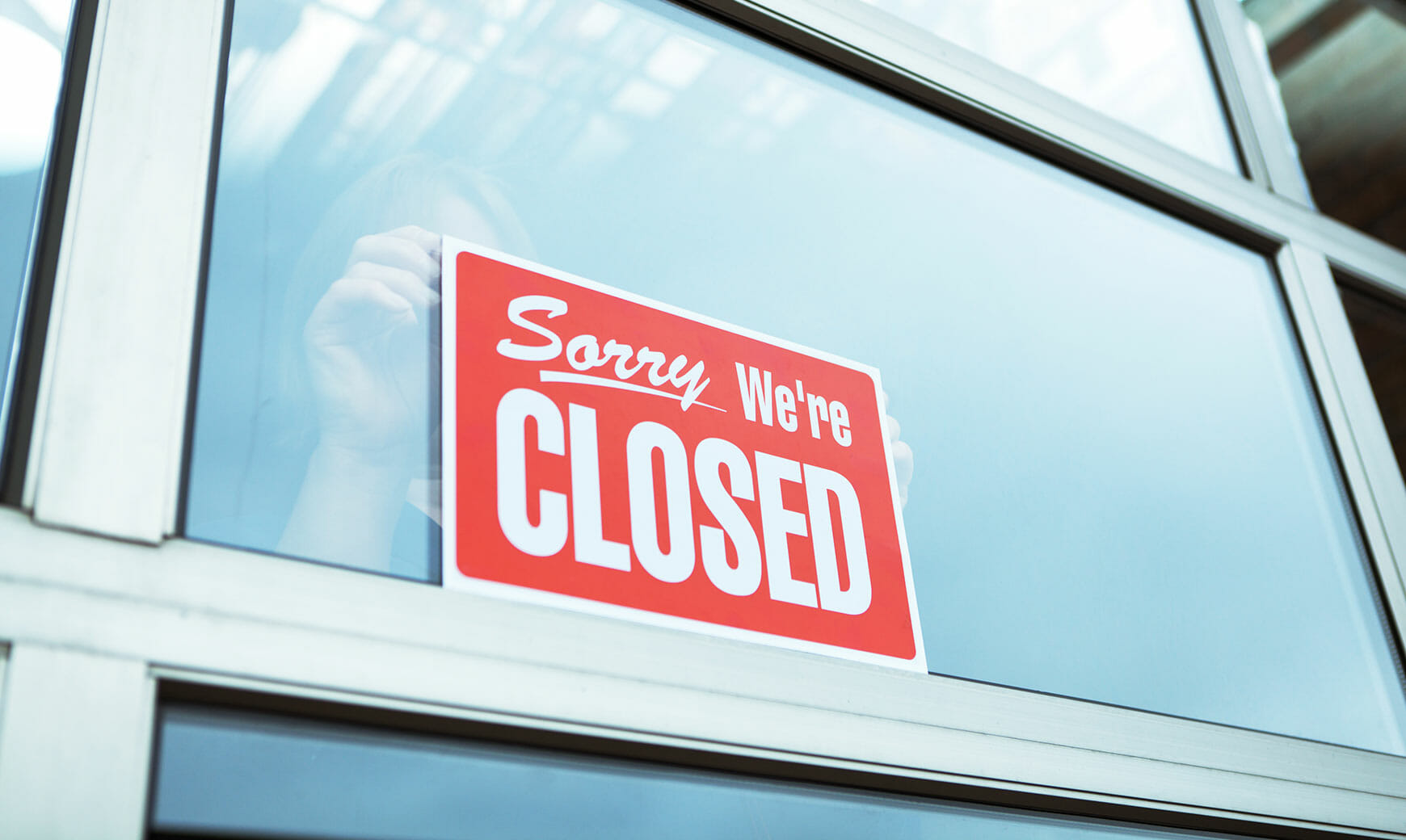New Jersey Governor Murphy issued Executive Orders 107 and 108, effective at 9:00 p.m., March 21, 2019, closing non-essential retail businesses operating in the state to the public, requiring all businesses to implement “social-distancing” procedures, and invalidating any conflicting county or municipal restrictions, as part of the state’s continuing efforts to mitigate the impact of the COVID-19 pandemic. Executive Order 107 also directs NJ residents to stay at home except for certain exempt activities (obtaining food, medical care, reporting to work, etc.), and cancels social gatherings and events unless otherwise authorized by the Order.
Executive Order 107 supersedes prior Orders – to the extent they conflict – and addresses business operations in the state as follows:
- “Brick-and-mortar” premises of all non-essential retail businesses must close to the public. Online and telephonic delivery services are permitted to continue if otherwise authorized, and pick-up may be authorized.
- Identified essential retail businesses are exempt and may operate during normal business hours with certain restrictions, generally designed to implement social distancing. Such retail businesses are identified as: grocery/food, convenience, and liquor stores; pharmacy and alternative treatment centers dispensing marijuana; medical supply stores and ancillary stores with healthcare facilities; gas stations; hardware and home improvement stores; retail banks and financial institutions; laundromats and dry-cleaning services; stores selling supplies for children under 5 years old; pet stores; car dealerships for maintenance, repair and auto mechanic services only; retail printing and office supply shops; retail mail and delivery stores.
- Restaurants, cafeterias, dining establishments, food courts, bars, and liquor stores, and establishments holding a liquor license for retain consumption are permitted to continue to operate during normal business hours but are limited to food delivery and/or take-out in accordance with their existing licenses, with certain other restrictions relating to liquor sales.
- All recreational and entertainment businesses, including casinos, retail sports wagering lounges, entertainment venues, racetracks, gyms, indoor portions of shopping malls, amusement parks, all personal care facilities (including barber and beauty shops, nail salons, spas, tattoo parlors, etc.), social clubs and community service organizations, and libraries must close to the public for so long as the order is in effect. Mall stores with separate external entrances may remain open in compliance with the other directives of the order. Healthcare facilities that provide medically necessary or therapeutic services are exempt.
- All colleges, universities, and schools (all levels and all types) are barred from in-person classes. Exemptions may be made by the appropriate authority under certain circumstances.
- All businesses, both retail and non-retail, “must accommodate their workforce, wherever practicable” for telework and work-from-home, and use “best efforts” to reduce staff to the minimal necessary to ensure essential operations continue. The Order recognizes that certain businesses and non-profit institutions will need to have employees at the work site in order to maintain essential business operations, and specifically identifies the following as examples of those required to be physically present at work. They include businesses who employ the following:
- First responders
- Cashiers and store clerks
- Construction workers
- Utility workers
- Repair workers
- Warehouse workers
- Lab researchers
- IT maintenance workers
- Janitorial and custodial staff
- Certain necessary administrative staff
Non-retail businesses appear to have latitude to continue operating if telework is not feasible. Although the Order doesn’t directly reference federal government guidelines recently issued by the Cybersecurity and Infrastructure Security Agency (CISA) with respect to critical infrastructure industries, it appears to be safe to conclude that those businesses that fall within those categories are permitted to continue operating if telework is not feasible.
The Order does allow people to travel to and from their places of business and recommends that employers provide “a letter indicating that the employee works in an industry permitted to continue operations.”
The New Jersey Office of Emergency Management has the discretion to make additions, amendments, clarifications, and exceptions to these lists. If you believe that your retail business should be considered an essential business, you may submit an appeal to the State Director of Emergency Management.
The Order specifically allows employees to continue to work if they are:
- providing health care or medical services;
- enabling access to essential services for low-income residents, such as food banks
- involved in the operations of the media;
- providing law enforcement
- operating as part of the federal government.
In addition, Governor Murphy’s Executive Order 108 states that any municipal or county ordinance that conflicts with the state Executive Order 107 is invalid, and further ordered municipalities and counties from enacting any rules or ordinances that conflict with the provisions in Executive Order 107.
If you have any questions on whether your business may fall within the criteria of an essential business, or would like assistance with an appeal to the New Jersey Office of Emergency Management, please contact Guillermo Artiles, Lisa Bonsall, and Cara Wulf.
